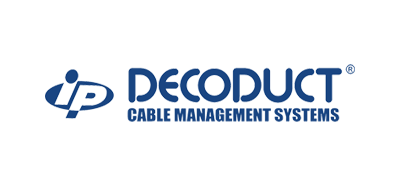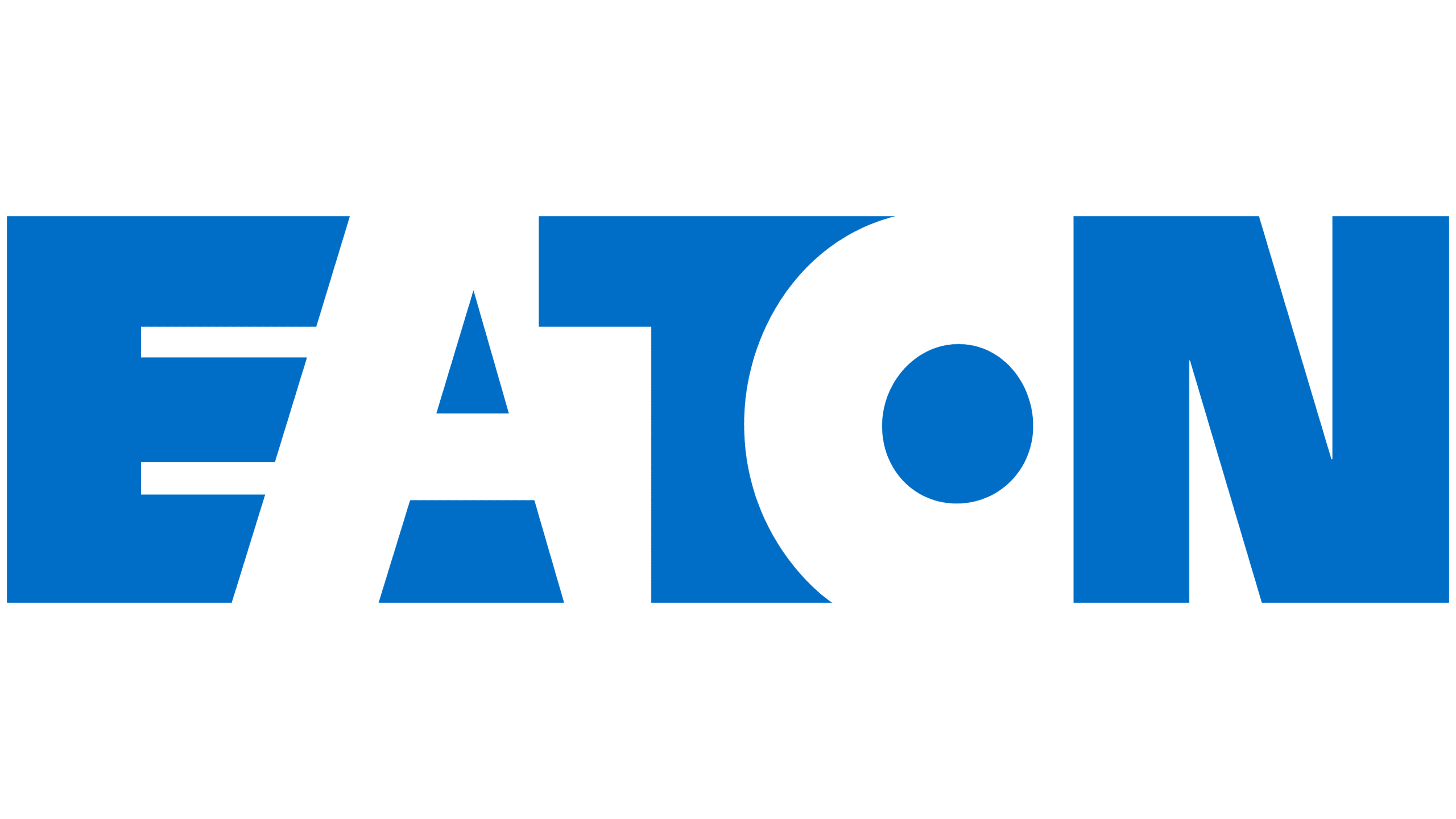Mechanical, Electrical, & Plumbing
Uninterrupted Power Supply (UPS)
UPS is typically used to protect computers, data centers, telecommunication equipment, or other electrical equipment where an unexpected power disruption can cause serious business disruption or data loss.
UNITEC provides and maintains UPS units ranging in size from units designed to protect a single computer to large units powering entire data centers or buildings are several equipment categories that need to be considered as part of an overall standby power strategy Critical systems, which require both.
UPS and Generators standby Power Sensitive systems, which require UPS standby power UPS, which stands for Uninterruptible Power Supply, is a device that provides backup power to electrical systems during power outages or fluctuations, helps to ensure uninterrupted operation and protect sensitive equipment from potential damage. We offer different types of UPS serving various requirements, and the details can be found below:- UPS in Home and Office
- UPS in the Data Center
- UPS Management Software
Central Battery System (CBS)
Central battery systems provide a solution to power and test an array of emergency luminaires, all from one central point.
The luminaires are all wired back to a main cabinet housing the batteries and charger.
This cabinet can be housed in a secure location that only authorized personnel can access.
Due to the life safety importance of emergency lighting, central battery systems should always be wired in fire-protected cables.
This reassures the end-user that in a fire situation, the power to the luminaires would not be lost.
Electrical Panelboards (PB)
Panelboards are used to safely distribute electricity throughout commercial and industrial facilities.
A panelboard is a component of an electrical distribution system that divides an electrical power feed into branch circuits while providing a protective circuit breaker or fuse for each circuit, in a common enclosure.
A panelboard serves to protect branch circuits from overloads and short circuits. Panelboards are designed to meet UL 67 and NEMA Standard PB1.
Power Cables (PC)
A power cable wire is designed to transmit electrical energy from a power source to an electrical device or appliance.
It serves as a conduit for the flow of electricity, allowing the device to receive the necessary power for operation. Power cable wires are typically insulated to prevent electrical leakage and protect against electrical shocks.
They are commonly used in various applications, including powering electronic devices, appliances, lighting fixtures, and machinery.
The design and specifications of power cable wires may vary based on the voltage, current, and environmental conditions for which they are intended.
SwitchGear & RMU
Switchgear and Ring Main Units (RMUs) are essential components in medium voltage power distribution systems, each serving distinct purposes. While both are designed to ensure safe and efficient power flow, understanding the difference between switchgear and RMU is crucial for selecting the right solution. Switchgear, commonly found in utility substations and industrial facilities, features advanced control systems and modular construction for scalability and robust fault management. On the other hand, RMUs are compact units with integrated circuit breakers, making them ideal for urban distribution networks where space is limited.
Recognizing the difference between switchgear and RMU helps optimize reliability, safety, and operational efficiency in modern power networks. RMUs are particularly effective in fault isolation and maintaining continuous operation in ring systems, whereas switchgear excels in handling complex configurations and providing flexibility for future expansions. Zoliov, a trusted leader in power distribution solutions, offers customized products to address these diverse requirements, ensuring superior performance across various applications.
.
Earthing
Earthing the lightning protection system is paramount for safety. It protects life, electrical equipment, and critical electronics systems from faults and lightning currents.
In addition to the right conductor for the application, an effective earthing system relies on joints and connections for good electrical conductivity and high mechanical strength.
Poorly chosen or badly installed joints and connectors can compromise the safe operation of an earthing system.
Our Brands











